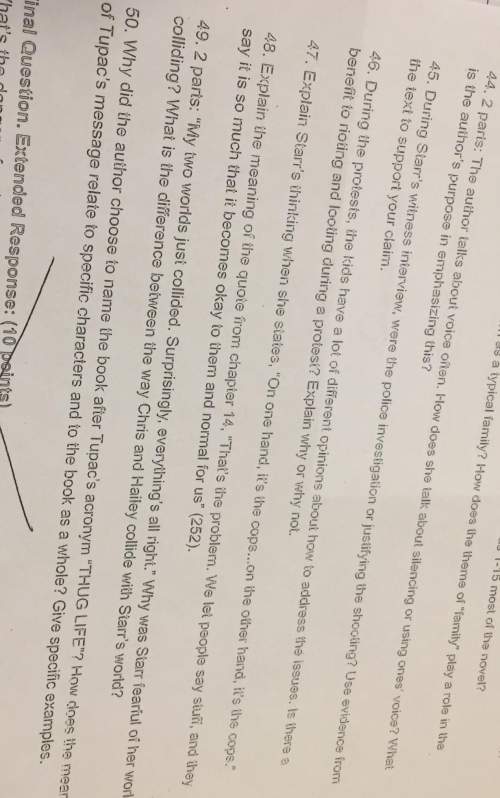
Read the passage from Sugar Changed the World. In 1806, the antislavery forces brought a new bill before Parliament that would limit British involvement in the slave trade. Some of the most powerful testimony in favor of the bill came from former army officers who had been to the Caribbean and had seen the courage of the former slaves and the horrors of slavery. The slaves spoke through the testimony of the very men who had gone to fight them. One member of Parliament told his colleagues of the tortures he had seen in the islands. Slavery was not an abstraction, an economic force, a counter in the game of world politics—it was the suffering of men and women. Members of Parliament were being confronted with the reality of slavery, just as audiences at Clarkson's lectures were when he showed shackles and whips. While Parliament debated the new bill, Clarkson and his allies went on lecturing, talking, changing minds all across England. They succeeded. Newspapers reported that even in Bristol, a port city with a harbor filled with slave ships, "the popular sentiment has been very strongly expressed against the continuance of that traffick in human flesh." William Wilberforce, another leader of the abolitionist cause, felt the new mood in his country. "God can turn the hearts of men," he marveled. Many members of Parliament recognized the same change in the "sense of the nation." In 1807 a bill to ban all English involvement in slave trading passed the House of Commons, then the House of Lords. At precisely noon on March 25, King George III signed the law. How do the authors use English history to support the claim that many people joined the antislavery movement for moral reasons? The authors explain the details of the bill that would limit British involvement in the trading of enslaved people. The authors use events from English history to describe the economic impact of involuntary servitude. The authors provide a primary-source quotation from a British abolitionist named William Wilberforce. The authors summa

Answers: 2
Another question on English

English, 22.06.2019 00:00
How can you paraphrase this, this is about golden age fallacies.these are all rational people who know that older is not necessarily better, but many are taken in by this fallacy and seem no longer able to reason with any degree of reliability
Answers: 1

English, 22.06.2019 08:30
Select 4 statements which could be considered a "theme" of a story, play, poem, etc. a.sometimes the most profound ideas can come from unfamiliar places. b.my best friend jeffrey has many unusual interests. c. once a man gives his soul over to evil, he can never go back. d the three sheepdogs lay around the yard all day. e a priest's collar has an unusual effect upon people. f innocence is a powerful force in a world full of corruption. g king lear is a play shakespeare wrote later. evil often wears the disguise of innocence.
Answers: 1

English, 22.06.2019 09:30
What important connection dose henry wadsworth longfellow establish in this introduction
Answers: 1

English, 22.06.2019 09:30
According to warren in the brown opinion, how did conditions change between the time the fourteenth amendment was adopted and the time the supreme court considered brown v. board of education?
Answers: 3
You know the right answer?
Read the passage from Sugar Changed the World. In 1806, the antislavery forces brought a new bill be...
Questions

Computers and Technology, 10.03.2020 09:23






















